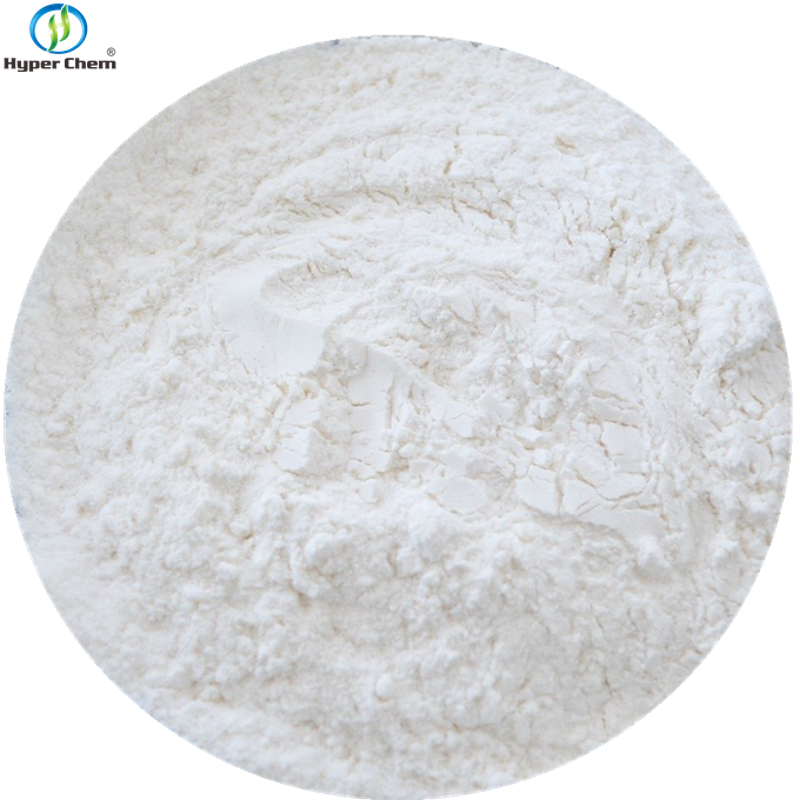-
Categories
-
Pharmaceutical Intermediates
-
Active Pharmaceutical Ingredients
-
Food Additives
- Industrial Coatings
- Agrochemicals
- Dyes and Pigments
- Surfactant
- Flavors and Fragrances
- Chemical Reagents
- Catalyst and Auxiliary
- Natural Products
- Inorganic Chemistry
-
Organic Chemistry
-
Biochemical Engineering
- Analytical Chemistry
-
Cosmetic Ingredient
- Water Treatment Chemical
-
Pharmaceutical Intermediates
Promotion
ECHEMI Mall
Wholesale
Weekly Price
Exhibition
News
-
Trade Service
Epilepsy is a chronic neurological disorder with a high prevalence of different types of epilepsy that are specific in terms of seizure type, etiology, and course, but can be attributed to abnormal brain synchronization or excessive neural activity
.
There are more than 50 million epilepsy patients in the world, anti-epileptic drugs can treat most patients, there are still patients with epilepsy who do not respond to existing treatment methods, and patients with refractory epilepsy often have other neurological and psychiatric complications, such as depression and cognitive impairment, in this context, the co-treatment of epilepsy and cerebral and non-cerebral comorbidities has become a new direction
in epilepsy treatment.
Hypertension is a common non-cerebral comorbidity in people with epilepsy, and studies have been shown to be associated with
an increased risk of epilepsy.
Animal studies have shown that angiotensin receptor blocker (ARB) treatment suppresses seizures
.
Researchers have recently examined the clinical effects
of ARB in preventing epilepsy.
The researchers collected data from 1553875 adult hypertensive patients in the German IQVIA database who received at least one antihypertensive drug between 2010 and 2020, had no history of epilepsy at baseline, grouped by antihypertensive drugs (β-blockers, ARBs, ACE inhibitors, and calcium channel blockers [CCBs]), and finally enrolled 168612 patients in the study
.
The primary endpoint of the study was the risk of
epilepsy in patients treated with ARB compared to other antihypertensive drugs.
Each antihypertensive drug treatment group included 42,153 patients with a mean age of 62.
3 years, and 21,667 (51.
4%) women.
Within 5 years, the incidence of epilepsy was lowest in patients treated with ARBs (0.
27% at 1 year, 0.
63% at 3 years, 0.
99% at 5 years), and in patients treated with β blockers and CCBs was highest (0.
38% at 1 year β both blockers and CCBs; At 3 years β blockers were 0.
91% and CCBs 0.
93%; At 5 years β blockers were 1.
47% and CCBs 1.
48%)
.
Treatment of hypertension with angiotensin receptor blockers was associated with a significantly lower incidence of seizures compared with other classes of drugs (hazard ratio: 0.
77).
Different antihypertensive drugs and epilepsy
Among hypertensive patients, the incidence of epilepsy is lowest in people treated with angiotensin receptor blockers, and this study is expected to be an important means of
preventing epilepsy in hypertensive people.
Original source:
Corinna Doege et al.
Association Between Angiotensin Receptor Blocker Therapy and Incidence of Epilepsy in Patients With Hypertension,JAMA Neurol,October 17, 2022.







